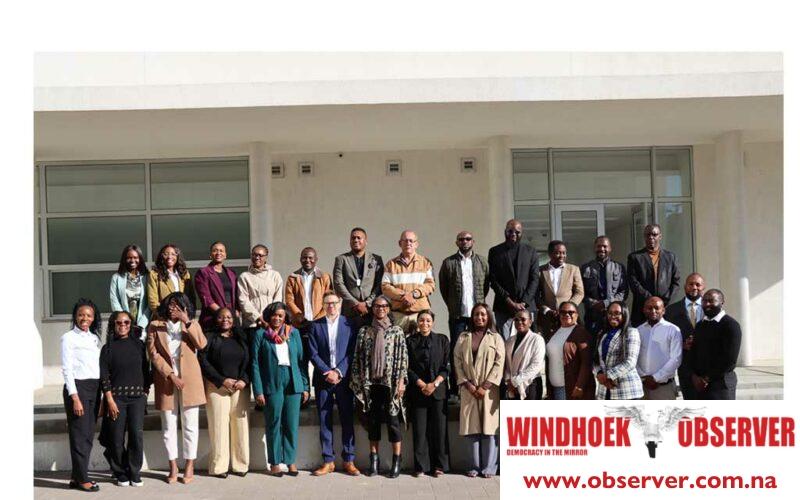Erasmus Shalihaxwe
Namibia has made progress in aviation decarbonisation through national capacity building, regulatory development, and policy improvement.
This is according to Namibia Civil Aviation Authority (NCAA) executive director Toska Sem.
Sem was speaking on Wednesday at a regional workshop on sustainable aviation fuel and emissions reduction underway in Windhoek.
The three-day event, which ends Friday, is organised by the NCAA in collaboration with the European Union (EU) and the EU Aviation Safety Agency (EASA).
The workshop focuses on the carbon offsetting and reduction scheme for international aviation (CORSIA), sustainable aviation fuels (SAF), and CORSIA Eligible Fuels (CEF).
It forms part of the EU-CORSIA Africa and Caribbean project, which aims to build technical capacity for carbon dioxide mitigation in the international aviation sector, particularly in developing countries.
Sem said Namibia submitted its first State Action Plan (SAP) to the International Civil Aviation Organisation (ICAO) in 2016.
Namibia has been part of the CORSIA scheme since 2017.
“In June 2023, the Namibia Civil Aviation Authority (NCAA) recognised the need to identify key implementers, which birthed the SAP Steering Committee, composed of representatives from regulators, operators, ministerial agencies, academia, and development partners. I must admit that this committee has become the engine for holistically driving national action on environmental protection, more specifically in aviation,” she said.
She said the workshop is more than a technical session, stressing that it is a strategic platform to understand and apply the economic and environmental benefits of SAF and CEF.
Sem said it also helps build national capacity in emissions assessment, sustainability certification, and offsetting while translating global commitments into local frameworks.
“The focus on feedstocks, blending standards, and SAF value chains speaks directly to our envisioned national context. Namibia’s emerging green hydrogen programme, our abundance of residue biomass from bush encroachment, and recent power-to-X feasibility studies underscore our potential to become a regional hub for SAF production,” she said.
“I am hopeful that this workshop will help us unlock that potential further. We are all aware that Namibia is blessed with rich renewable energy resources ranging from solar, wind, and biomass.”
She said the government’s declaration of green hydrogen as a strategic pillar for national development aligns with the vision for SAF production.
NCAA’s communications manager said expert facilitator Mark Latimer from the EU-CORSIA project is leading the workshop.
He is covering topics such as the SAF value chain and blending standards, life cycle emissions and sustainability certification, and integrating SAF into national policy.




